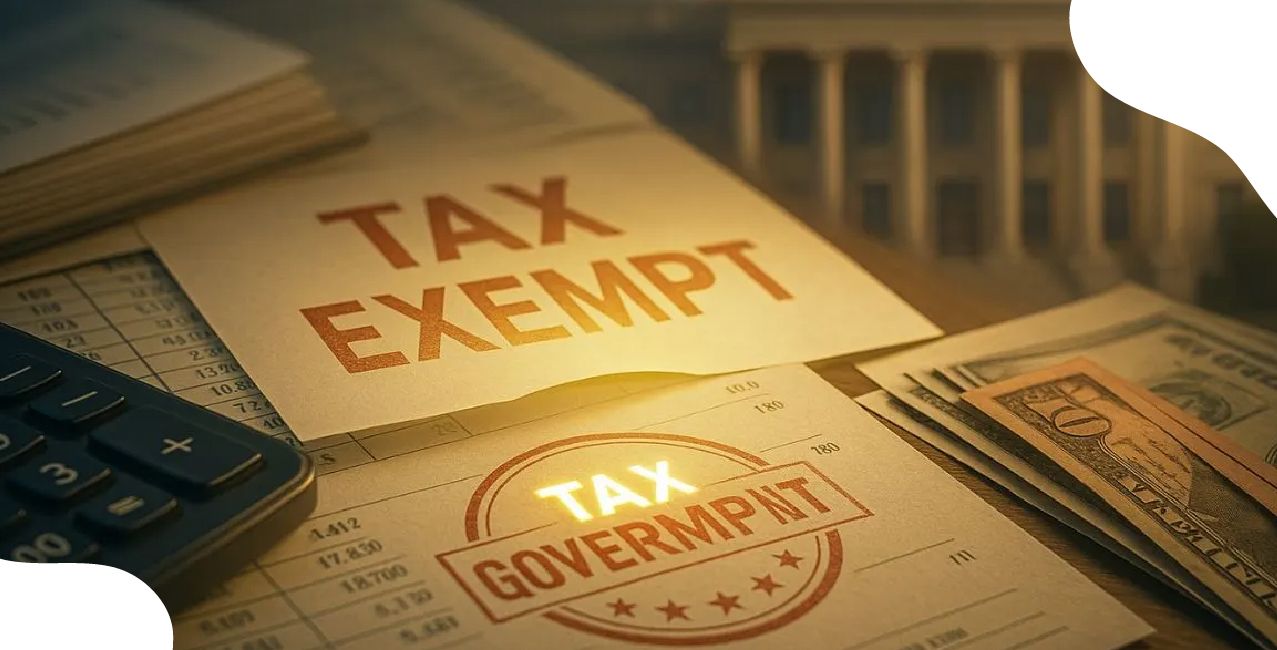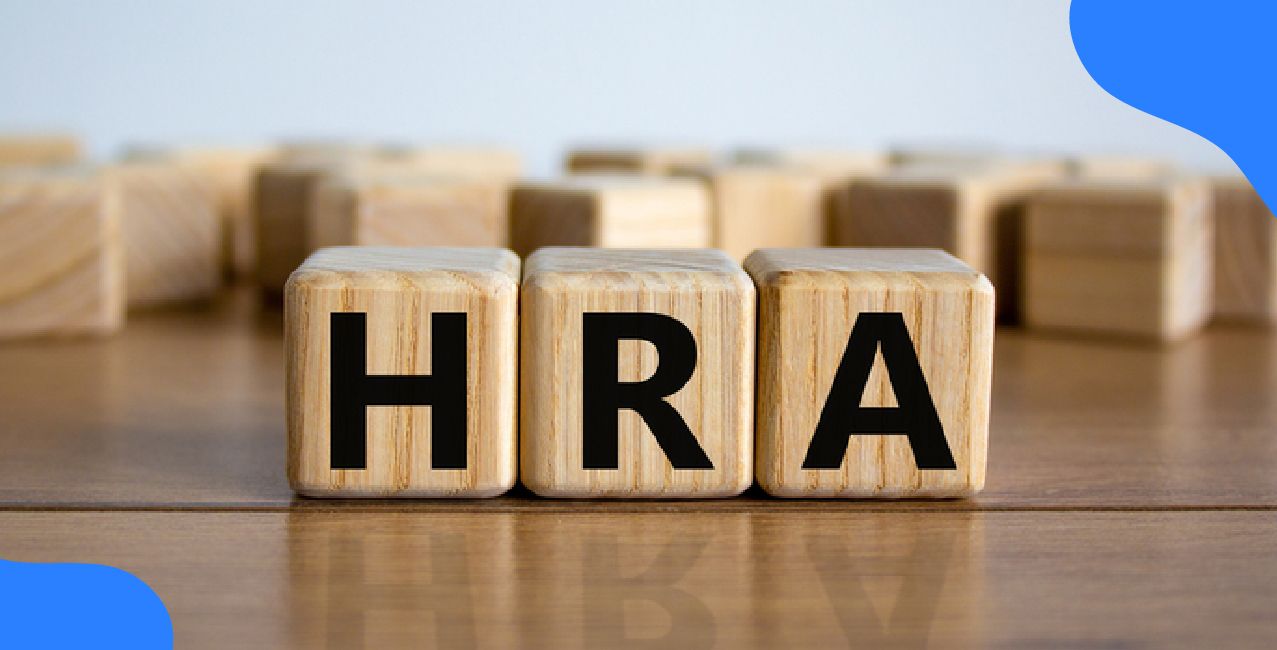_of_the_Income_Tax_Act.jpg)
Author
LoansJagat Team
Read Time
6 Min
03 Sep 2025
Section 11(5) of Income Tax Act – Approved Investment Modes
Key Takeaways
- Charitable and religious trusts must invest surplus funds only in approved modes like bank deposits, government bonds, or post office savings.
- Income remains tax-free if spent on charitable purposes or invested as per Section 11(5), while corpus donations are always fully exempt.
- Trusts can retain up to 15% of their annual income without applying it to charitable purposes and still claim exemption.
- Section 11(5) does not mention any specific TDS rates; tax on income, like rent or interest, is governed by other provisions.
- Following Section 11(5) ensures transparency, prevents misuse of donations, and strengthens the long-term financial security of trusts.
BONUS: IF A CHARITABLE OR RELIGIOUS TRUST INVESTS IN A PUBLIC SECTOR COMPANY (PSU) AND LATER THAT COMPANY STOPS BEING A PSU, THE INVESTMENT STILL REMAINS VALID UNDER SECTION 11(5) FOR THREE YEARS (IN CASE OF SHARES) OR UNTIL REPAYMENT (FOR OTHER INVESTMENTS).
Section 11(5) of the Income Tax Act lists the specific forms in which charitable or religious trusts must invest or deposit their money to get tax exemption on income. These investments must follow government-approved modes to ensure the funds are safely used for charitable purposes.
Let’s understand it with an example,
Ravi runs a charitable trust for free education. The trust earns ₹10,00,000 from rent and donations. To obtain an exemption under Section 11, Ravi invests the surplus funds only in modes listed under Section 11(5), such as savings accounts, government bonds, and fixed deposits.
Here is a simple breakdown:
Since Ravi spent and invested the funds as per the rules and filed returns on time with an audit report, the trust pays no tax on its income. This helps the trust grow while serving society legally.
Importance of Section 11(5) of the Income Tax Act
Section 11(5) of the Income Tax Act plays a key role in ensuring that charitable and religious trusts use their funds safely and honestly. It helps the government monitor how these trusts invest their surplus money. The section supports transparency and encourages proper financial planning.
Here’s why Section 11(5) is important:
- It guides trusts to invest only in safe and approved modes like savings accounts, fixed deposits, or government securities.
- It prevents misuse of public donations or property by setting clear investment rules.
- It helps trusts claim tax exemption on unspent income, as long as it is properly invested.
- It promotes long-term stability for the trust, allowing it to serve its purpose without legal issues.
- It builds public trust in charitable institutions by ensuring their funds are handled responsibly.
By following Section 11(5), trusts stay compliant with tax laws and continue their good work in society without financial penalties.
Objective of Section 11(5) of the Income Tax Act
The government created Section 11(5) to guide charitable and religious trusts in using their money wisely. It tells them where to invest their extra funds so they stay safe, legal, and tax-free. Let’s see the objectives of section 11(5)
By following these rules, trusts can focus on helping people without worrying about tax problems or misuse of money
TDS Rate Under Section 11(5) of the Income Tax Act
Section 11(5) tells charitable and religious trusts how they should save or invest their money to get tax benefits. But it does not mention any TDS (Tax Deducted at Source) rate directly.
Let’s understand how donations are treated under this section:
- Corpus Donations: These are donations given with a clear note or instruction that they are for the trust’s permanent fund (corpus). These are fully tax-free, and the trust does not need to spend this money right away. No TDS is deducted from this money.
- Other Voluntary Donations: These are donations given without any special instruction. They are counted as the trust’s income. The trust must use this money for charitable or religious work to get a tax exemption.
If the trust earns money from other sources like interest or rent, then TDS may apply, but that depends on other tax rules (not Section 11(5)).
Exemption Under Section 11(5) of the Income Tax Act
Section 11(5) of the Income Tax Act allows income to be exempt from tax when charitable or religious trusts invest their funds in specific ways. To qualify for this exemption, trusts must apply their income properly and invest or deposit it in modes that the law approves.
Here is how the exemption works in simple terms:
- Income from Charitable or Religious Property: If a trust uses its property for religious or charitable purposes, the income earned from it is exempt from tax.
- 15% General Exemption: Trusts can keep up to 15% of their total annual income without applying it to charitable or religious purposes, and still enjoy tax exemption.
- Corpus Donations: Any voluntary contributions made with a clear instruction to be added to the trust’s corpus (its permanent fund) are fully tax-exempt.
- Capital Gains Reinvestment: If a trust sells a capital asset and reinvests the full sale amount in a new capital asset used solely for charitable or religious purposes, the capital gain is considered to be applied towards such purposes and is exempt from tax.
This section ensures that charitable institutions retain their earnings and grow their resources, as long as they use the funds in approved, non-commercial ways.
Conclusion
Section 11(5) of the Income Tax Act ensures that charitable and religious trusts invest their income in safe and approved ways. It allows them to claim tax exemption only if they spend their money on good causes or save it in specific forms like bank deposits, government bonds, or post office savings.
FAQ’s
1. What are approved investments under Section 11(5)?
Approved investments include bank fixed deposits, government bonds, post office savings, and other safe financial instruments listed by the law.
2. Can a trust invest in company shares?
A trust can only invest in shares of approved public companies. If it invests in unapproved private companies, it loses the tax benefit.
3. What happens if the trust breaks the rule?
If a trust invests in unapproved ways, the income used for that will become taxable, and the trust may lose exemption benefits.
4. Is it necessary to spend all the income?
No. A trust can keep up to 15% of its income without spending it and still get an exemption if the rest is used or invested properly.
Other Related Pages | |||
Pros and Cons of Taking a Personal Loan for Crypto Investment | |||
About the Author

LoansJagat Team
‘Simplify Finance for Everyone.’ This is the common goal of our team, as we try to explain any topic with relatable examples. From personal to business finance, managing EMIs to becoming debt-free, we do extensive research on each and every parameter, so you don’t have to. Scroll up and have a look at what 15+ years of experience in the BFSI sector looks like.

Quick Apply Loan
Subscribe Now


